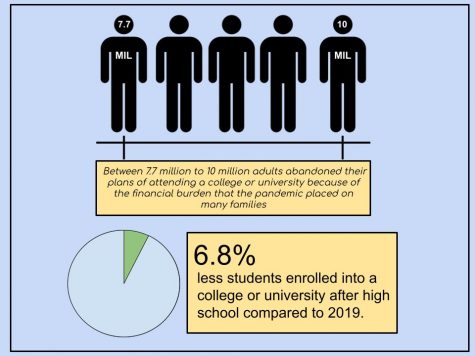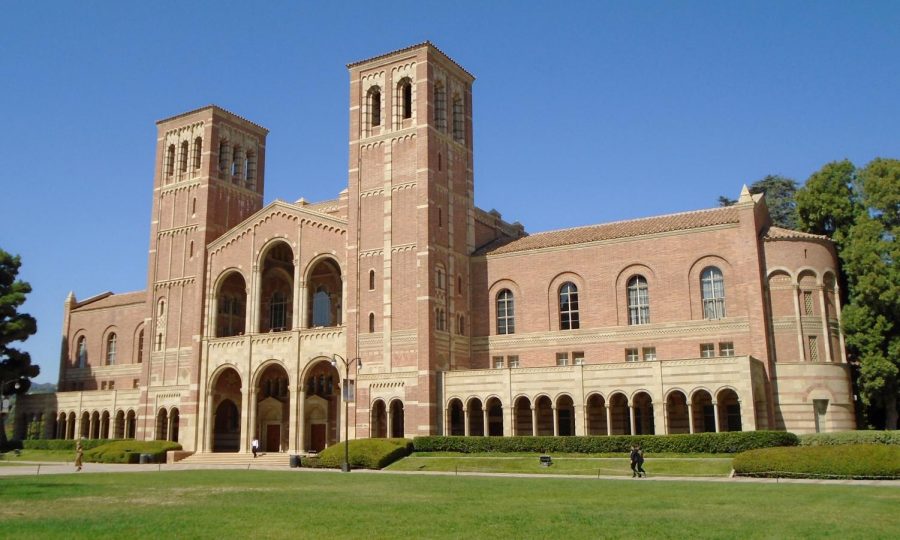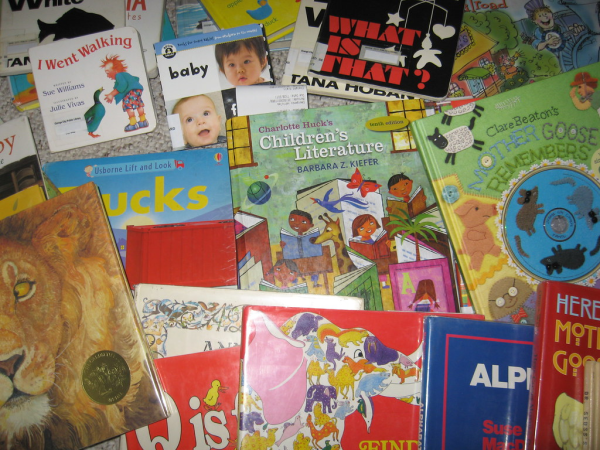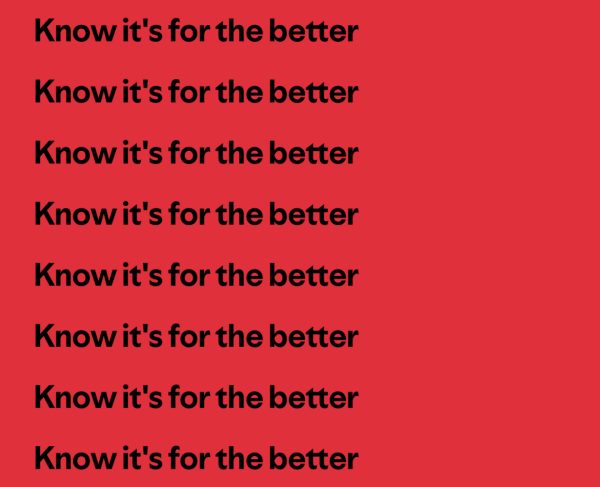Seniors tackle college applications with a heavy serving of changes
Coronavirus disrupts the senior rite of passage of applying to dream school
Many universities, such as UCLA, saw a surge in applications during the 2020 application season, despite the challenges presented by the COVID-19 pandemic.
“[The] remote learning period made applying to college harder because there were more kids who were applying because of the requirement changes,” said Santana Molina, a Clark senior who applied to 17 schools. “But because of the remote learning period, I had more time to focus on my application.”
As with many normal tasks, the college application process was a victim of sweeping changes due to the coronavirus outbreak. With most schools around the country closed during peak college application cycles, drastic changes needed to be made in order to keep up with the calendar year, but also adapt to the unique challenges the high school class of 2021 was facing. Applicants also had new stressors to deal with as a result. “My biggest worry about applying this year was how many kids were applying, and my limited opportunities I had regarding my activities,” Molina said.
Some of the changes colleges and universities made to their admissions requirements were drastic, such as the University of California removing the standardized testing requirements entirely. Some also extended the application window to give applicants more time to fill out their applications. The University of California, suffered a system crash on the day applications for the fall 2021 term were due, prompting the institution to extend their deadline by a few days. “The biggest surprise of this college application season was how hard and tedious it was. I had heard rumors about how stressful the process was from past seniors but experiencing it, there was a lot of stress, tears, and sleepless nights,” Molina said.
As a result of distance learning and counseling, students sought help in ways that would be just as helpful to them in applying to their dream schools. “I felt semi-confident about applying. I felt everything I had done and everything I could have said was written on my application and there was nothing more I could do. The best help during this process was my mom. She read all of my essays, giving me grammatical tips, and she was there to encourage me when I didn’t have any motivation,” Molina said.

Finances were a key stressor for applicants during the last application season as well. According to the United States Census Bureau, between 7.7 million to 10 million adults abandoned their plans of attending a college or university because of the financial burden that the pandemic placed on many families. Also, the pandemic had an effect on the graduating class of 2020 as the rate of graduates enrolling in a college or university dropped 6.8 percent from 2019 due to financial reasons.
For other students, finances were the least of their worries. Losing the social aspect of being on-campus proved to be a massive obstacle for some. “I am a first generation college student and both my parents immigrated here when they were adults, so they don’t know how the college process works in America,” an anonymous Clark Magnet senior said. “I was depending on the help of my counselors and teachers to help me through the process, but it was hard to access them remotely. I had to depend more on the little my parents and friends knew about this whole thing and I also depended on Google for deadlines and forms.”
Anxiety for the future holds a prevalent place in the minds of many seniors going off to college. “I got into one of my top choice schools, but I am worried about enrolling in classes and getting a dorm,” the anonymous student added. “The little details are something that have me worried because I feel like I’m gonna miss out on important things because of the lack of normal communication this year. If it was in-person, I think it would have been better since counselors and teachers are always reminding us in-person about what we need to do. I need that pressure and boost to stay on top of things.”
Senior Andre Hiwatig who will be attending UCLA this fall felt that the deprivation of face-to-face conversations made filling out college applications more challenging. “Remote learning made it difficult for me to get college essay consulting because I feel that real-life conversations could have inspired me more. In addition, remote learning made it hard to continuously look at my screen writing essays, even after school hours,” Hiwatig said. However, camaraderie helped lessen the stress. “The biggest help was my friends’ support and comments on my essays. I mainly talked to people that graduated last year and some of my older peers to help me through the process. They certainly gave me motivation along with constructive help,” he added.
For some students, however, the remote learning school year had little to no impact on college applications. “The remote learning period didn’t make applying to college harder in any noticeable way,” said senior Wesley Lew, who will be attending Cal State Northridge in the fall. “Maybe it hurt more for people banking on SAT scores but not me personally. Remote learning made applying to college easier for me because I didn’t have to worry about taking the SATs. My biggest worry was getting rejected from all the colleges I applied to.”
Vahe Haleblian, a high school senior who will be attending Glendale Community College in the fall, feels indifferent towards the pandemic, but hopeful for the future. “I don’t feel either optimistic or pessimistic, because GCC is going to be online through the winter, and even possibly the spring. However, I feel optimistic about the idea of starting on a clean slate. The challenge I will be facing for the rest of 2021 is to find ways to create friendships, all while being online,” Haleblian said.

Hobbies/interests: Listening to music, watching movies, and making miniature models
Fav artist: Juanes and Lady Gaga
Movie you never get tired of...













